Phew, so much everything to get back to after Austin. My millions of things to do are scattered twig-like all over the floor of my life. Much thinking involved, very tiring.
One meantime item is news from my UK correspondent about a fine poet friend, Stephen Watts, who has secured a dandy position as an Embedded Poet in Inverness. Who could imagine having so many new roles to aspire to in one’s lifetime?
Been thinking a lot about AWP, and the nationalistic tendencies of poetry that I certainly grew up with. AWP opens up a whole world of American poetry to me that has been completely out of the sphere of my experience both in Canada and England. My experience of the UK poetry scene opened up another such world to me in the nineties. And now I find I know, for example, the name of Mimi Khalvati as fluently as that of Lorna Crozier as fluently as that of Maxine Kumin, and yet (with a few exceptions of course) none of these names evokes the smallest flinch of recognition if uttered to well-read poetry readers outside the countries in which those poets are stars.
There are issues around publishing and distribution of course. Canada is understandably protectionist in its cultural business: a choice between keeping a culture alive or being swamped by the giant next door. So we focus as best we can on supporting our local cultural icons and building a natural literature. Not all that our writers address in their work is going to be of interest or relevance to those outside our borders, though more of it could be than manages to disperse itself. The internet is offering that much at least.
But I suspect it could be also as simple a barrier as time? Who has time to keep up with world poetry? I am awash in books I’ll never manage to read in my lifetime and feel I will hardly be able to absorb more. I’m having enough trouble catching up on what happened in Canadian poetry the 13 years I was away, staying up to date with British poetry, let alone approaching the poetry of other nations. But I’ll keep trying.
What was interesting at AWP were the amero-centralist attitudes you encountered everywhere. AWP I think aspires to present itself as an international body but doesn’t seem to me to really acknowledge its position as a predominantly American institution whose issues will be unknown elsewhere. People I’d never heard of were repeatedly described by panel moderators as “needing no introduction”. The poetry competition scandals and passionate debates about anthologies I heard reported are about American poetry competitions and American anthologies. Those scandals and debates mean zip to poets outside the US, because the competitions, anthologies and participants are unknown outside that country.
A number of the individuals staffing book fair stands of major US literary magazines asked me what the perception of their magazine was in Canada. Nil, I had to reply: nobody I know knows who you are. Survey a room of writers in Canada and you’d barely get a flicker if you mentioned journal names like Ploughshares, or Kenyon Review or even Poetry Magazine. Just as I have no doubt you’d get blank looks if you surveyed outside Canada the titles Malahat Review, Descant and Fiddlehead. I only encountered the US titles by reading the lists in the back of The Best American Poetry anthology series, to which I am hopelessly addicted. And my addiction is purely rooted in the contributor comments that mostly follow their bios: those contextual offerings are the next best thing to a poetry reading.

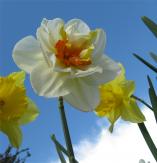
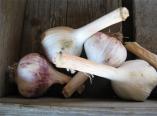
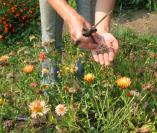
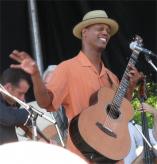
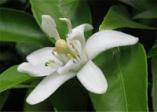
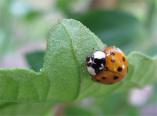


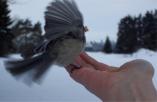
9 Responses to Pick-up sticks & nationalism in poetry